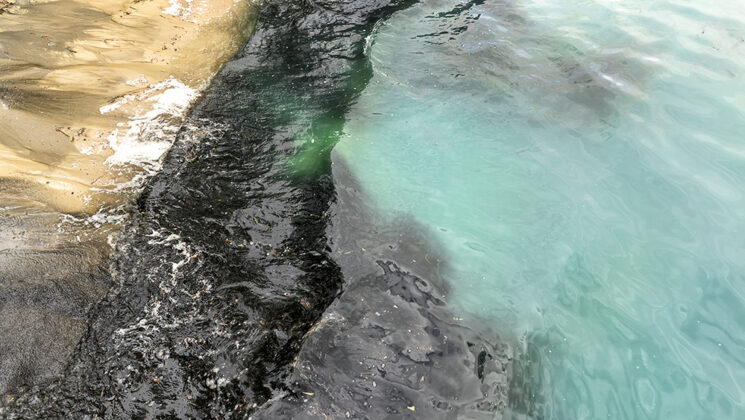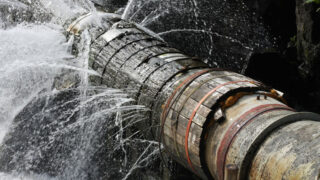UNISON has said that the Westminster government’s partial U-turn over allowing water companies to dump raw sewage in England shows that the industry should be renationalised in the fight to stop the pollution of waterways and seas.
John Jones, the water, environment and transport service group member on the union’s national executive council, said: “Once again, this demonstrates that the water industry should be renationalised.
“This government has – albeit temporarily – brought certain underperforming rail companies into the public sector. UNISON believes the same should be considered for those water companies in England who continually discharge raw sewage into watercourses, which is nothing short of a national disgrace.”
According to the Environment Agency, last year there were 403,171 spills of sewage into England’s rivers and seas, totalling more than 3.1m hours of spillage.
In July this year, Southern Water was fined a record £90m for 6,971 illegal spills at 17 treatment works in Hampshire, Kent and West Sussex, yet the company had expected to be fined and calculated that it would be cheaper than investing in infrastructure.
When the industry was privatised in 1989, Margaret Thatcher’s government claimed that the sell-off would see the funds generated to tackle major infrastructure work.
However, rather than invest in the works that would have greatly reduced the need to pollute, water companies have paid more than £2bn a year on average to shareholders since privatisation, according to findings published last year by the Guardian.
According to the newspaper, the nine privatised companies in England have amassed debts of £48bn over the past three decades – almost as much as the sum paid out to shareholders. The debt cost them £1.3bn in interest in 2019 alone.
But it doesn’t have to be this way. Scottish Water is publicly owned. Since 2002, it has invested nearly 35% more per household in infrastructure than the privatised English water companies. At the same time, it charges users 14% less and pays no dividends.
UNISON national officer Mary Onafalujo said: “Time and again we have heard stories of failures to maintain our waterways to an acceptable standard. Now is the time for the government to take action to stop the constant and persistent pollution of rivers.
“If the UK wants to meet its climate change ambition, something has to be done to improve rivers for people and wildlife.”
Public anger over Tory MPs’ rejection of a sewage amendment to the environment bill prompted the backdown, with environment secretary George Eustice now promising a legal duty on water companies to put measures in place to reduce sewage overspill in rivers, and to show progress made over the next five years.
Ms Onafalujo noted that it was disappointing that the U-turn was needed, given the situation.
“A shocking volume of untreated contaminated wastewater regularly reaches our rivers and shows that the current approach and infrastructure need a radical overhaul.
“UNISON believes that UK citizens should be able to swim, paddle, fish and play without worrying about sewage pollution.
“The raw sewage discharges also cause blockages in rivers. Our members in the Environment Agency are left to clear most of these blockages – this is not good for their health, safety and wellbeing.”





